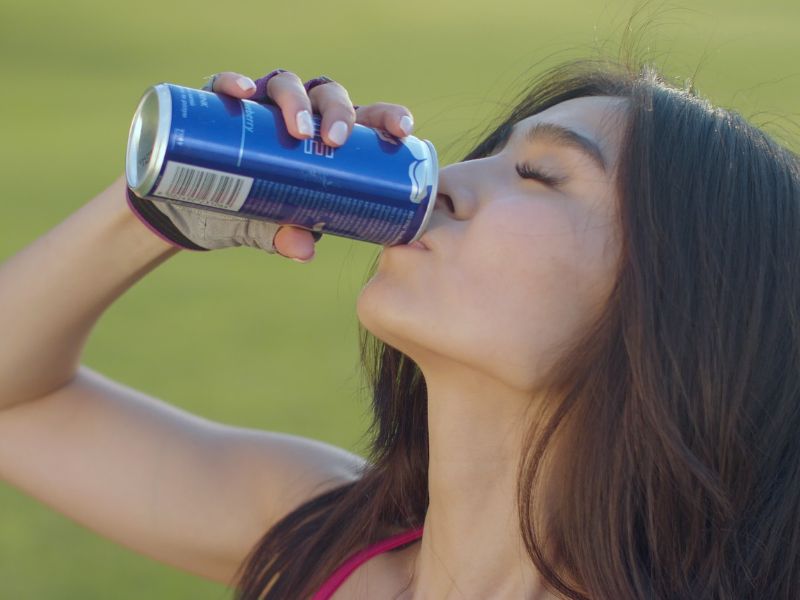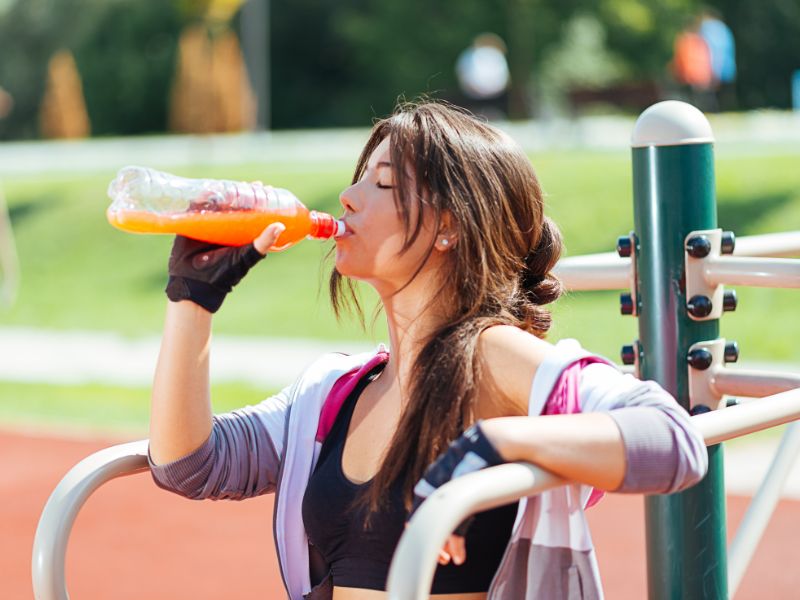In recent years, a noticeable trend has taken shape in the beverage industry – energy drink brands are increasingly setting their sights on a new target demographic: young women. This strategic shift is not accidental; it results from factors reshaping how these products are marketed and consumed.
Embracing Active Lifestyles
Energy drink companies are targeting young women due to the rising focus on active lifestyles. As societal norms change, women embrace physical challenges and break free from traditional roles. These drinks are presented as vitality sources, positioning them as allies for women managing diverse responsibilities – from careers and social activities to fitness pursuits and personal interests. The marketing centers on empowerment, urging women to achieve their objectives while sustaining high energy levels.

Canva. com
The Health-Conscious Drive
A noticeable shift towards healthier ingredients in energy drinks is another factor drawing in young women. Many companies are reengineering their formulas to include natural stimulants like caffeine from green tea or guarana while reducing sugar content. With a growing focus on health and wellness, young women gravitate towards beverages that align with their fitness and dietary aspirations. These revamped energy drinks are seen as a way to infuse energy without compromising their well-being.
Influencer Culture And Social Media
Influencer culture and social media are key drivers of this trend. Energy drink brands use platforms like Instagram and TikTok to engage the younger audience. Influencers, often young women, endorse these drinks as vital to their dynamic lifestyles. Curated content showcases energy drinks as crucial for daily accomplishments, blending visual allure with influencer support, resulting in a powerful strategy that strongly resonates with young women seeking validation and inspiration.

Canva. com
Potential Concerns
While this trend presents opportunities for the energy drink industry, it’s not without its worries. Excessive consumption of these beverages has been associated with health risks like cardiovascular problems, sleep disruptions, and increased stress. Additionally, the focused marketing could inadvertently contribute to body image concerns, suggesting that energy drinks are necessary for a vibrant lifestyle. Striking the proper equilibrium between impactful marketing and consumer welfare remains crucial as this trend progresses.
